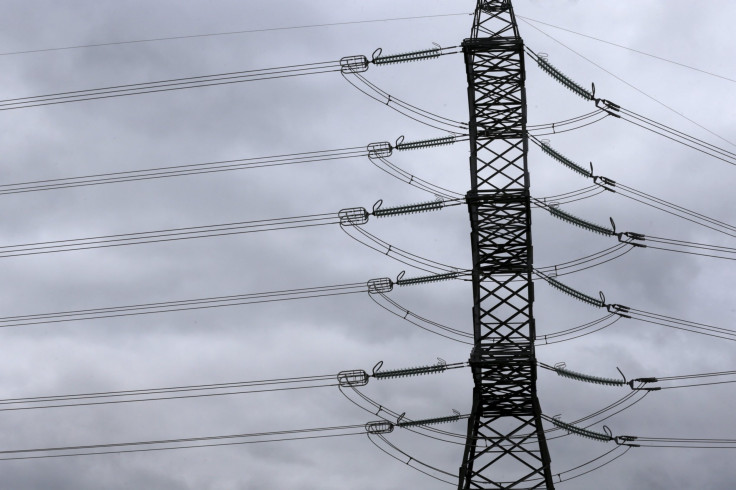Lithuania Set To Turn Tables On Russia With Inauguration Of Two Power Links To The West

Lithuania is set to turn the tables on Russia when its inaugurates two electrical links Monday. It’s a start of a larger process to make the Baltic countries less dependent on Russian electricity, according to Agence France-Presse.
The two links include Sweden, to draw in Scandinavian power sources, and Poland, which will be key to eventually integrating the Baltic states of Estonia, Latvia and Lithuania into the European power grid. Lithuania has been a member of the European Union since 2004, but despite its membership, it still relies heavily on Russia to import 75 percent of its electricity. Though the inauguration is scheduled for Monday, power has already started flowing through both links.
The cable link between Lithuania and Poland cost 1.1 billion Euros ($1.2 billion) to build, according to Bloomberg.
Lithuania is no stranger to finding ways to reduce its reliance on Russian energy. Last year, the country broke its dependence on Russia’s Gazprom by buildings its own liquefied natural gas terminal.
But despite the steps, Lithuania won’t be able to cut the cord entirely between itself and Russia, since the Swedish and Polish links only provide 1200 megawatts between the two of them -- enough for off-peak power supplies in Lithuania.
The concern on the Russian side isn’t necessarily the power links to the Lithuania, per se. But Russia is concerned about how it will supply power to Kaliningrad -- a militarized Russian territory wedged between Lithuania and Poland. If Lithuania were to switch entirely to the European grid for power, Russia would be forced to build new power lines or import energy from the European power grid.
Lithuania officials insisted it would be a “reliable transit partner for any country.”
"We will have to ensure that everything functions fully in Kaliningrad and Belarus. All technical issues will be 100 percent resolved," Energy Minister Rokas Masiulis told the AFP.
© Copyright IBTimes 2025. All rights reserved.





















